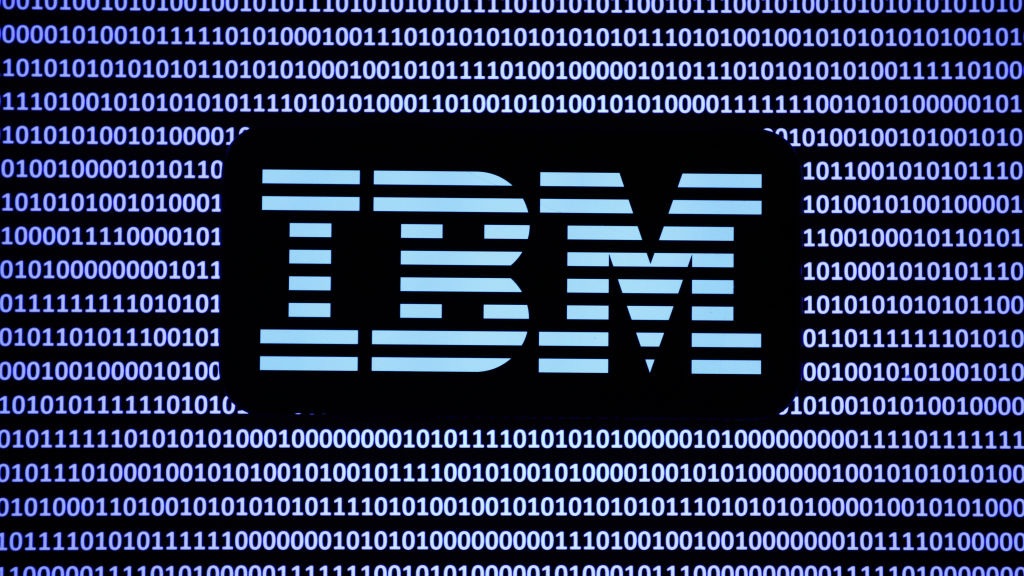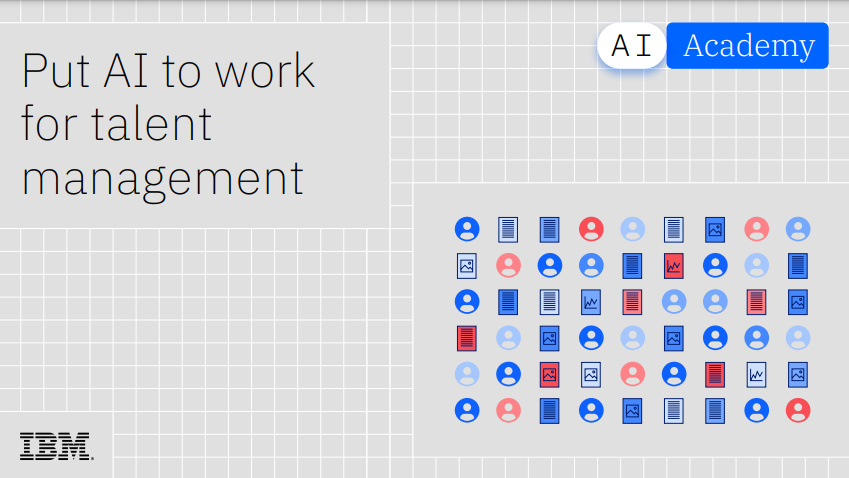IBM server sale is a logical result of commodity IT
Inside the enterprise: If IBM sells its server business to Lenovo, it will further prove the money is not in hardware.

Over the last few weeks, rumours have grown that IBM will sell off its lower-end x86 server business, with Chinese manufacturer Lenovo in the frame as the most likely buyer.
If the deal goes through, this will not be the first time that IBM has sold off a hardware unit, or indeed sold a hardware unit to Lenovo. Its PC division, makers of the ThinkPad range of laptops, has already gone down that path, with IBM selling up to the Chinese company back in 2004, although Lenovo still uses the ThinkPad brand.
That deal has helped propel Lenovo on to become one of the world's top PC brands. And, in some ways, the server business IBM might be looking to sell off is closer to the PC business than its higher-end enterprise products.
Already, there are more similarities between commodity servers and commodity PCs than there are differences.
Vendors can add differentiating features, such as lights out management, hot-swappable parts and different physical form factors. But the Intel-based, x86 server is essentially a big PC with a Xeon processor.
A few years ago, for example, Apple pulled out of making specialist servers, despite the fact that its XServe range was popular with reviewers and IT teams. Now, the company simply sells a beefed-up version of its Mac Mini, and Mac users can download the server software as an app for a nominal fee.
Perhaps Apple, with its specific niche market, is a poor example. But in other areas, basic servers are commoditising more and more rapidly. ARM is working on low-powered server chips, which will be closer to the chips powering smartphones than those powering mainframes.
Get the ITPro daily newsletter
Sign up today and you will receive a free copy of our Future Focus 2025 report - the leading guidance on AI, cybersecurity and other IT challenges as per 700+ senior executives
This is a market where the competition has forced the pricing down to the point where profits are hard to come by.
Many smaller businesses are now running commodity network storage drives in lieu of servers. These are typically based around lower-power, low cost chips such as Intel's Atom, and Linux operating systems.
The growth of the cloud is another factor. More businesses are moving their applications to on-demand services, whether from firms such as Salesforce.com or NetSuite, or consumer-type services from the likes of Google and Dropbox. The need for the basic "server under the desk" is diminishing. At the other end of the spectrum, companies such as Google, that use vast numbers of x86 servers, find it is cheaper to build their own than to buy them from a vendor.
"It should come as no surprise that IBM may be looking to get out of the X86 server market. This is a market where the competition has forced the pricing down to the point where profits are hard to come by," Ian Murphy, analyst at Creative Intellect Consulting, told IT Pro.
"Any vendor has to take a commercial view where it balances being seen in a market against the profits. In the x86 world, those two lines are closing rapidly."
Of course, if the deal does go through, IBM will be left with its higher-end servers, including its mainframe business. But for smaller companies, branch offices, and even workgroups in enterprises, an x86 server may be less attractive than a simple device that can act as an internet gateway, security appliance and perhaps local and backup storage, connecting into the cloud. And there are plenty of companies that would be as happy to buy that from Lenovo, as from Big Blue.
Stephen Pritchard is a contributing editor at IT Pro.
-
 Lenovo: Enterprises aren't ready to take advantage of AI productivity gains
Lenovo: Enterprises aren't ready to take advantage of AI productivity gainsNews Survey by Lenovo reveals concerns about AI readiness among tech leaders at their own employers
By Nicole Kobie
-
 IBM completes HashiCorp acquisition after regulatory approval
IBM completes HashiCorp acquisition after regulatory approvalNews IBM has completed its $6.4 billion acquisition of cloud automation and security firm HashiCorp,
By Emma Woollacott
-
 IBM eyes Oracle expertise gains with latest acquisition
IBM eyes Oracle expertise gains with latest acquisitionNews The deal aims to help IBM address the complexities of public sector cloud transformation
By Emma Woollacott
-
 UK regulator to investigate IBM takeover of HashiCorp
UK regulator to investigate IBM takeover of HashiCorpNews The CMA is concerned that the merger could affect competition in the cloud services market
By Emma Woollacott
-
 Channel Focus: All you need to know about IBM's partner program
Channel Focus: All you need to know about IBM's partner programHow Big Blue seeks to go deep, tackling enterprise complexity: A brief guide to the role of partners in IBM's plan to accelerate software and consulting sales.
By Fleur Doidge
-
 Put AI to work for talent management
Put AI to work for talent managementWhitepaper Change the way we define jobs and the skills required to support business and employee needs
By ITPro
-
 Let’s rethink the recruiting process
Let’s rethink the recruiting processwhitepaper If you designed your recruiting process for a new company, what would you automate to attract and hire the best talent?
By ITPro
-
 The power of AI & automation: Productivity and agility
The power of AI & automation: Productivity and agilitywhitepaper To perform at its peak, automation requires incessant data from across the organization and partner ecosystem.
By ITPro

